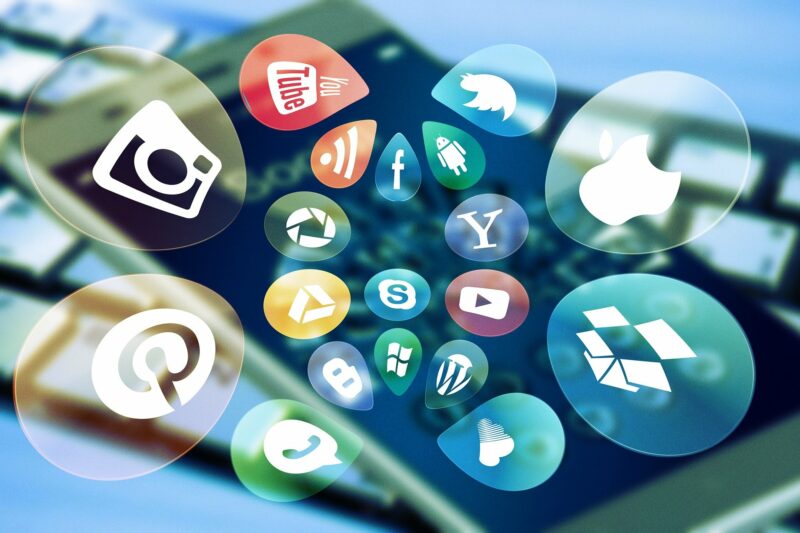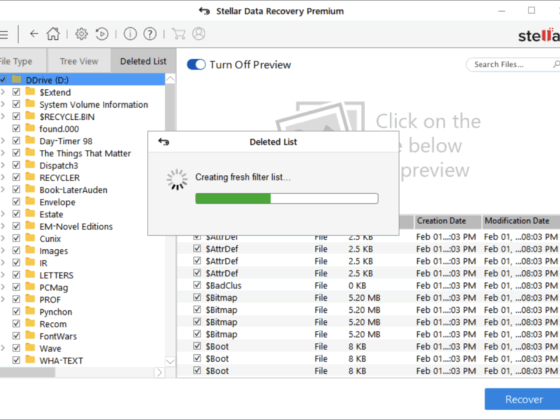
The racial abuse that Black communities face on a daily basis is often hard to put it into words. It can manifest itself in public policy that makes it hard to access clean water or it can be a white teenager dressing up in a KKK costume for Halloween. The truly frightening aspect of this abuse is that it appears as if it’s only getting worse. Two months ago, the FBI reported that hate crimes against Black communities rose by 40% in the midst of the pandemic. In comparison, hate crimes in the United States only increased by 6% overall.
“These hate crimes and other bias-related incidents instill fear across entire communities and undermine the principles upon which our democracy stands,” U.S. Attorney General Merrick Garland said in a statement obtained by MSNBC.
“All people in this country should be able to live without fear of being attacked or harassed because of where they are from, what they look like, whom they love or how they worship.”
Unfortunately, many people are not able to live in America without the “fear of being attacked or harassed ” because of “what they look like.” At any moment, Black residents in the U.S. can be the target of a verbal assault or a microaggression at work. Not to mention, the racism that many face can extend into venues that are supposed to be safe spaces.
Recently, a coalition of Black, disabled and queer content creators came together to create the #ADayOffTwitch movement. The group demanded that Twitch make changes to address the online abuse that many Black, disabled and queer content creators face while online. This effort resulted in Twitch enduring its lowest viewing hours of 2021.
“It’s so heartbreaking to see all the stories of marginalized people on the platform being attacked for something outside of their control like their skin color, gender identity, sexual preference, or otherwise,” popular streaming Rek It Raven told Kotaku.
“We shouldn’t have to feel fear to press ‘go live.’”

The #ADayOffTwitch movement mobilized popular streamers to keep the pressure on Twitch and demand that they address racial abuse, pay gaps, etc. Also, the movement also inspired B Code & SOHH.com, Intelligence Center to conduct a survey to measure the pervasiveness of racial hate crimes among Black online content creators and consumers. After surveying thousands of Black Americans about the abuse they have endured, researchers were able to transform the concerns of thousands into numerical data. The following results emerged from their work:
- Over 1-in-3 of total respondents report having been victims of online racial hate in the past
- 18-34s are disproportionately impacted by online racial hate on smaller social media platforms
- Content creators are disproportionately impacted by online racial hate, particularly on smaller social media platforms
- Even though some social guidelines exist, many instances of online racial hate go unreported because the victims feel unsupported by those that can make a difference
Making matters worse, the racial abuse that many endure online doesn’t stop when they log out. Researchers also found that 66% of those surveyed said the racial abuse they endure online impacts their mental health. Furthermore, 25% of respondents said that targeted attacks can lead them to leave a platform. In a day and age when online platforms can provide a source of income for many people, it is frightening that someone would be essentially pushed out of the workplace by racial attacks.

With this data, two questions remain. What have online platforms done thus far to address these issues and what can they improve moving forward?
For example, Twitch was called out by several content creators in early September. In response, the company issued a brief statement. Not long thereafter, a massive data leak highlighted the platform’s glaring racial pay gap in streaming.

“Coming after the hate raids and seeing the most well-paid streamers being mostly white and male despite Twitch preaching diversity… it’s annoying, it’s frustrating,” content creator Briggsycakes told The Daily Beast in October.
Simply put, content creators want platforms to do more than issue a well-written statement. They want to see real actions being taken. Here are just a few of the demands put forth by marginalized content creators in hopes of building a safer environment on Twitch and several other platforms.
? strike tomorrow! ?
remember: it’s more than not streaming. it’s also NOT watching streams or accessing the website #TwitchDoBetter #ADayOffTwitch pic.twitter.com/P22OzAj8HE
— ????? | ? artist vtuber | COMMS OPEN (@andouilles) August 31, 2021







